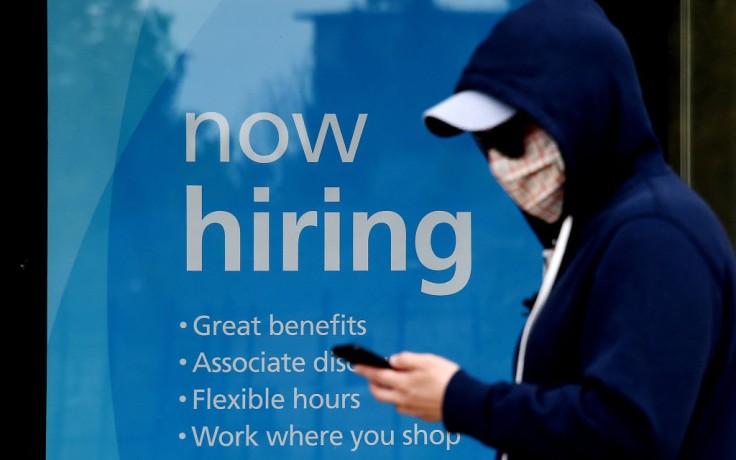The AI surge happening today will likely hurt workforces around the world "like a tsunami" in the next couple of years, International Monetary Fund Director Kristalina Georgieva warned.
First reported by Reuters, Georgieva noted that the industry's reliance on AI technology could impact up to 40% of the jobs globally or 60% in advanced economies.

What is even worse, according to Georgieva, is that "we have very little time to get people ready for it."
Georgieva's data coincides with the IMF's earlier publication warning the dangers of overreliance on AI could result in job inequality and a "disproportionate increase" in high-wage workers' income.
Also Read : AI Revolution to Worsen Job Inequality, IMF Says
AI-Powered Roles Increase Amid Industry Layoffs
Georgieva's warnings can already be seen across tech companies as AI-powered roles increase amid mass layoffs.
According to industry job tracker Layoffs.fyi, over 83,000 roles have already been eliminated across 289 companies over the past five months.
The majority of these layoffs came from tech giants like Google and Amazon, companies that have been leaning more into AI for their products and services.
This year's layoffs are expected to grow close to or past last year's record at 263,180 jobs eliminated.
Related Article : IT Jobs Suffer Slow Growth Amid AI Boom in 2023
AI Surge is Hurting the Environment
While its direct effects on employment and job inequality were raised, the AI boom's impact on other aspects of society, particularly its influence on the environment and energy consumption.
Georgieva, during her speech at a Swiss Institute of International Studies event on Monday, came face-to-face with protesters calling on the organization to take action against the worsening effects of climate change.
OpenAI's ChatGPT, one of the leading AI products of today, is estimated to consume 17,00 times more electricity than an average US household daily in order to operate, The New Yorker reported.
Energy consumption is expected to grow even higher as companies incorporate the technology into services and products that are already in high demand, surging the need for more processing power for the AIs to work.
Georgieva did not provide much statement in regards to addressing climate change aside from guaranteeing that "we are not in a global recession."









